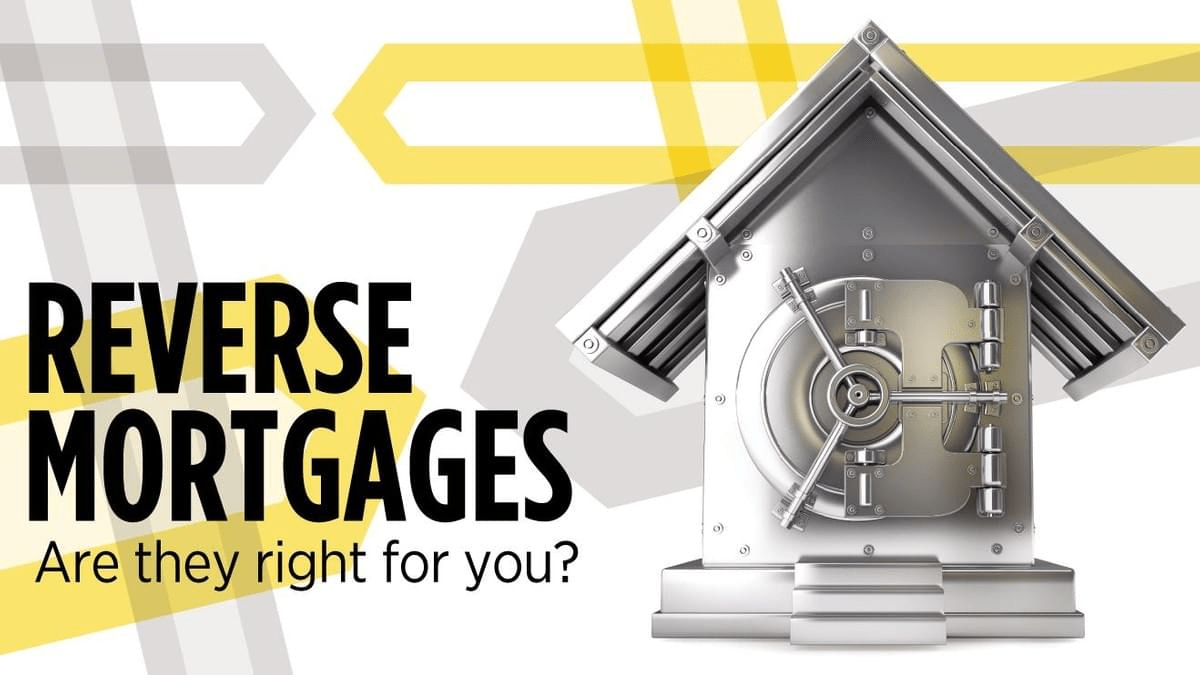A mortgage loan is a credit in which an applicant pledges to secure a personal or real estate property as collateral. A reverse mortgage, on the other hand, is applicable only for senior citizens. The borrower is not obligated to pay back the loan in his/her lifetime. The bank makes the payment against their residential house property.
Reverse Mortgage India Scheme
It was introduced in India about 10 years ago for the benefit of senior citizens. It was implemented to help them meet their day to day expenses. This scheme promotes the independent living of senior citizens. The maximum disbursed loan amount usually ranges from 60% to 70% of the value of a residential property.
However, there are several important things to be considered before availing of a reverse mortgage in India.

Let’s take a look at some of the aspects –
- Reverse Mortgages & Debt Options – The loan amount continues to grow whether it is paid back or not. The interest and other charges are added to the principal amount.
- You Are Accountable For Loan Fees – Mortgage insurance premiums, loan origination fees, closing costs, etc. will be included for loan closing.
- Maximum Tenure – Reverse mortgage loans usually offer a maximum tenure of 15 years and a minimum of 10 years.
- A Borrower Is Liable To Pay Taxes – Capital gains tax will be levied on the reverse mortgage loans. Barring that, it will attract no other tax.
- Should Be Owners Of Self-Acquired, Self-Occupied Residential House/Flat – The prospective senior citizen borrower/borrowers should have the ownership of the property.
- Property Should Be Devoid Of Any Legal Liability – The existing property should not have any mortgage or legal liability.
Reverse mortgage loans and secured credits such as loans against a property usually come with somewhat different attributes. Although a new concept, a reverse mortgage is sure to act as a beneficial financial tool in the future.